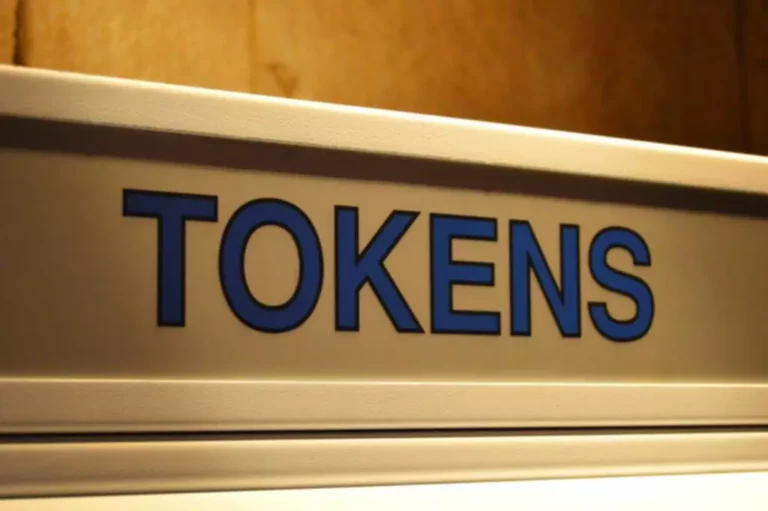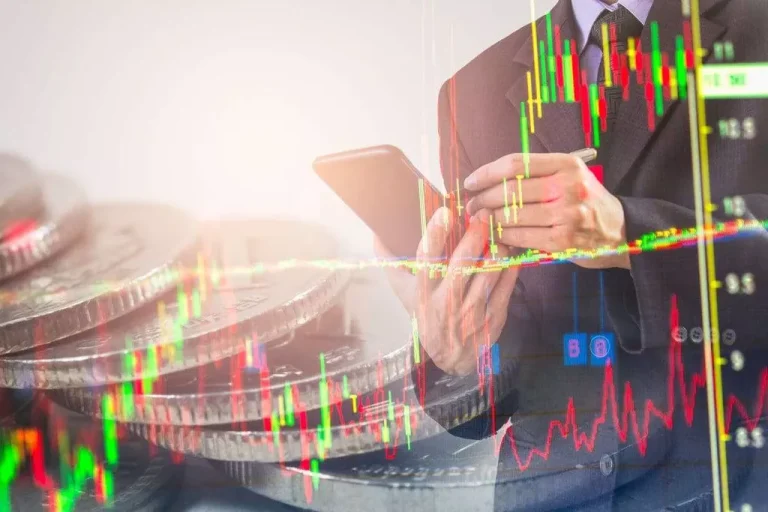Content
Dark pools were initially mostly used by institutional investors for block trades involving a large number of securities. A 2013 report by Celent found that as a result of block orders moving to dark pools, the average order size dropped about 50%, from 430 shares in 2009 to approximately 200 shares in four years. Dark pool liquidity-seeking strategies https://www.xcritical.com/ are designed to minimize market impact and reduce transaction costs by seeking out liquidity in the dark pool.

How confident are you in your long term financial plan?
In this case, he can sell that high dark pool software number of assets almost as quickly as he would outside the platform. This happens because people will know that he sold the assets only after completing the transaction. There are more than 50 dark pools registered with the Securities and Exchange Commission (SEC).
Microsoft drops MASSIVE $80B AI plan—Why should investors care? 🤔
These algorithms consider the pool’s order types, prices, and available liquidity. Since dark pools typically execute trades at the most advantageous price, the algorithms prioritise fair matching, often without revealing the parties’ identities. Operated by high-frequency trading firms or electronic market makers, these dark pools use advanced algorithms and high-speed infrastructure to match trades efficiently. They are designed to maximise liquidity and trading efficiency by executing trades at high speeds. Investors earn money in Dark Pool Trading by taking advantage of the price Smart contract discrepancies between the public exchange price and the true market price. They also earn money by taking advantage of market inefficiencies that occur when high-frequency traders use complex algorithms to execute trades.
What is the approximate value of your cash savings and other investments?
Institutional investors avoid the market impact that comes with trading large volumes of shares on public exchanges by using dark pools. This is because when a large trade is executed on a public exchange, it can signal to the market that there is significant buying or selling pressure, which can cause the price of the stock to move against the trader. The primary use of a dark pool is allowing institutional investors to trade large blocks of securities anonymously. Additionally, institutional investors use dark pools to reduce transaction costs and execute trades efficiently without causing significant market disruptions.
Trading Strategies in Dark Pools

Retail investors typically do not have access to these private trading venues. Instead, retail investors typically execute trades on public exchanges where transparency and price discovery are more prevalent. A dark pool is a private and anonymous trading platform that allows institutional investors to trade large blocks of shares away from public exchanges. These pools are referred to as “dark” because the orders and transactions within them are not visible to the public until after they have been executed.
Dark pools are private financial trading venues that enable participants to trade securities without revealing their identity or the size of their trades until after the transactions are executed. These platforms are designed to facilitate large trades between institutional investors while minimizing the impact of their orders on market prices. As a result, dark pools emerged as an alternative to traditional public stock exchanges, offering increased anonymity and reduced transaction costs. Dark pools are private trading venues that offer several advantages for institutional investors, including reduced market impact, lower transaction costs, and increased anonymity. However, these benefits come with potential risks, such as reduced transparency and the potential for price manipulation.
However, there is little evidence that dark pool trading leads to worse outcomes for retail investors. Once trades are executed in dark pools, they are reported to public exchanges after a delay. This delay is a strategic measure to prevent large trades from influencing public market prices in real time.

These dark pools are set up by large broker-dealers for their clients and may also include their own proprietary traders. These dark pools derive their own prices from order flow, so there is an element of price discovery. As of the end of December 2022, there were more than 60 dark pools registered with the Securities and Exchange Commission (SEC).
However, this additional layer of information can occasionally lead to exceptionally successful trades. Acquiring Dark PoolDark pools are private trading venues or exchanges where institutional investors, such as mutual funds, hedge funds, and pension funds, can trade large blocks of securities away fr… Not all platforms choose to invest in the infrastructure or partnerships necessary to access and display this information.
The reduced visibility in dark pools facilitates discreet execution of these large transactions, frequently resulting in better pricing and smoother execution for the institutional traders involved. They offer their clients access to the pool and use it to trade for their own accounts as well. This can lead to conflicts of interest, as the broker-dealer can trade against their own clients. While dark pools are legal and regulated by the SEC, they have been subject to criticism due to their opaque nature.
One of the main drawbacks is that these brokers typically charge higher fees and commissions compared to other types of brokers. Agency brokers have limited proprietary products, which could limit investment options for clients. Given the nature of dark pools, they attracted criticism from some due to the lack of transparency, and the exclusivity of their clientele. While the typical investor may not interact with a dark pool, knowing the ins and outs may be helpful background knowledge. As such, they sell them in blocks of 10,000, 1,500, or 5,000 shares — and find buyers for the smaller blocks accordingly. Buying these shares on the dark pool means that ABC Investment Firm’s trade won’t affect the value of the stock.
Because of their sinister name and lack of transparency, dark pools are often considered by the public to be dubious enterprises. However, there is a real concern that because of the sheer volume of trades conducted on dark markets, the public values of certain securities are increasingly unreliable or inaccurate. There is also mounting concern that dark pool exchanges provide excellent fodder for predatory high-frequency trading. By matching buyers and sellers privately and executing the trade outside the public market, dark pools prevent other market participants from reacting to the trade and driving up or down the price.
- They offer a unique advantage to traders by providing a platform to execute trades anonymously, which reduces transaction costs and improves price discovery.
- As prices are derived from exchanges–such as the midpoint of the National Best Bid and Offer (NBBO), there is no price discovery.
- Consortium-owned dark pools offer broad and diverse trading activity by pooling liquidity from multiple financial institutions.
- This lack of transparency has led to concerns about market manipulation, but proponents argue that it allows for large trades without market disruption.
- Despite its menacing name, these exchanges are closely monitored and regulated by the Securities and Exchanges Commission (SEC) and need to follow the basic trading laws to operate.
Despite its menacing name, these exchanges are closely monitored and regulated by the Securities and Exchanges Commission (SEC) and need to follow the basic trading laws to operate. Dark pools may bring several indirect advantages for retail investors, there is the potential for exploitation of users by more technologically advanced players. An example of dark pool trading could be an institutional investor, such as Warren Buffet, buying shares in a company like Tesla. In dark pools, this information would be concealed, preventing price volatility. HFT firms provide liquidity by matching buy and sell orders quickly, profiting from bid-ask spreads and benefiting from dark pool transactions’ low-cost, high-speed environment. They contribute liquidity, often employing algorithmic trading strategies to identify and capitalise on favourable opportunities, increasing trading activity within dark pools.
However, if liquidity is insufficient, dark pools may need to consider routing. Orders in dark pools are private and do not appear on public exchange order books. Unlike public exchanges, where orders are visible to all market participants, dark pools keep order details confidential. Consortium-owned dark pools offer broad and diverse trading activity by pooling liquidity from multiple financial institutions.
Management and growth strategy that experienced traders use to optimize their investment outcomes. Whether in volatile markets or steady uptrends, this approach allows investors to remain protected while pursuing greater financial gains. Due to the opaque nature of dark pools, regulators have expressed concerns about their impact on market integrity and fairness.
